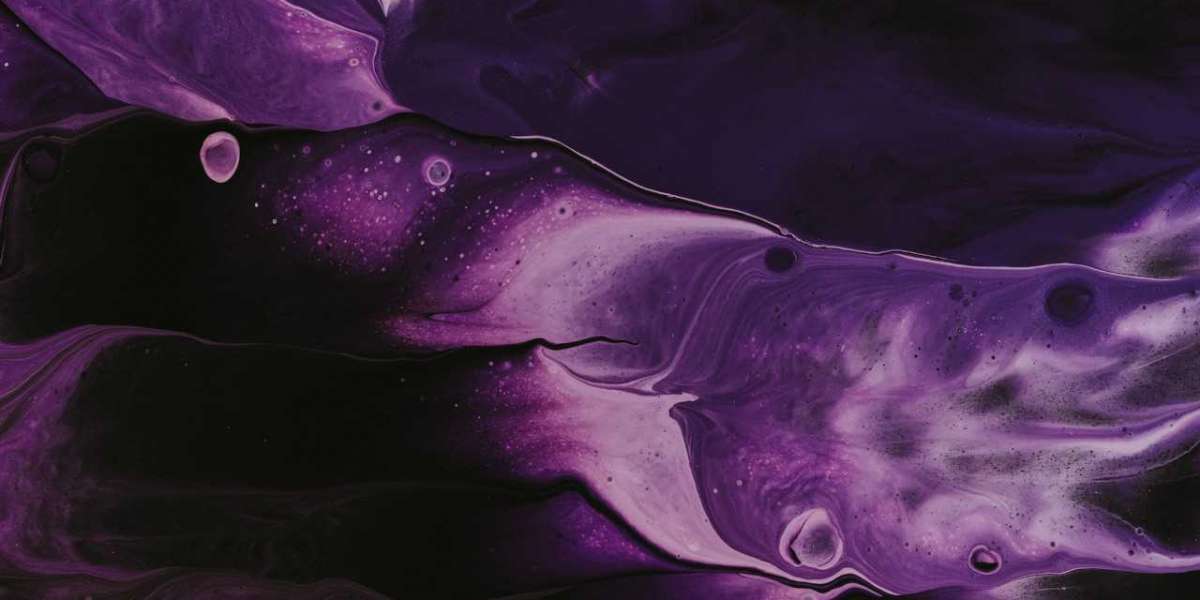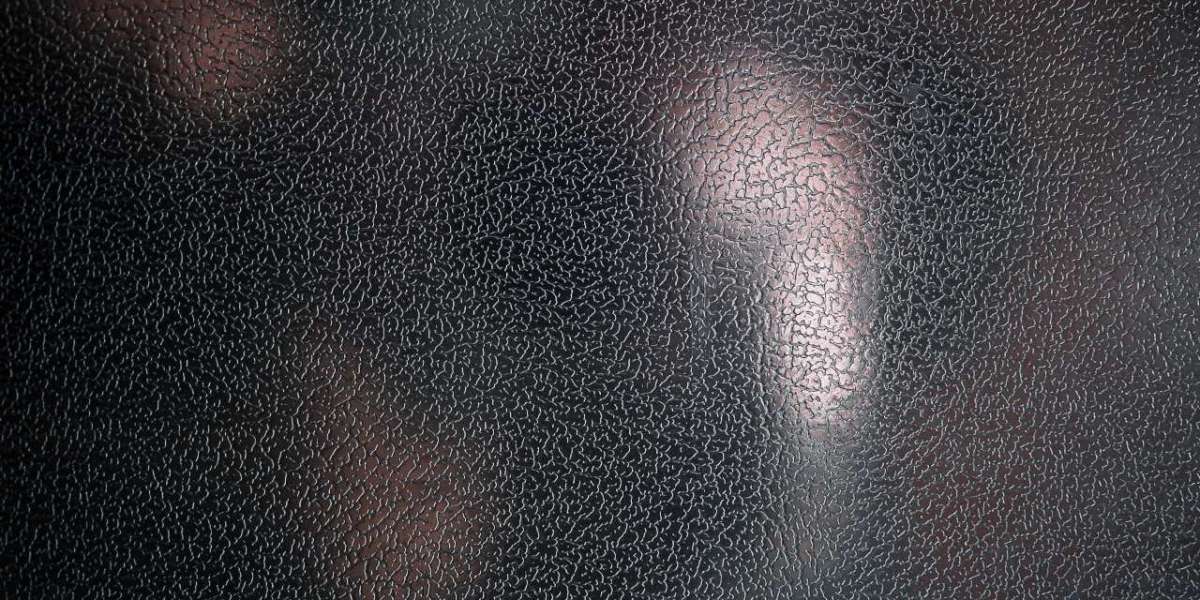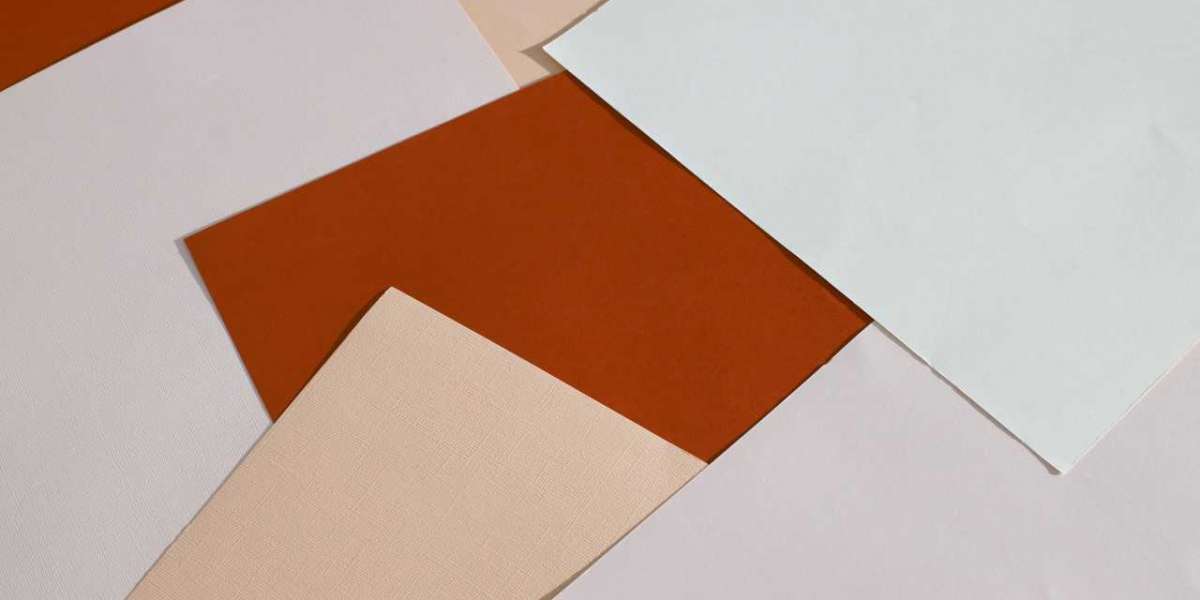Are you looking to add a personal touch to your home decor? Sure! Here are some blog post titles related to DIY decorative cushion covers: Let's explore the world of DIY cushion covers and discover creative ways to transform your living space.
Choosing the Right Fabric
Sure! Here are some blog post titles related to DIY decorative cushion covers: When it comes to creating your own cushion covers, the first step is choosing the right fabric. The fabric you choose will determine the overall look and feel of your cushions. Consider factors such as durability, texture, and color. For a more vibrant and eye-catching look, you can opt for patterned fabrics or bold colors. If you prefer a more subtle and elegant touch, neutral tones and soft textures might be the way to go.
When selecting fabric, it's important to consider the purpose of your cushion covers. Are they for outdoor use or indoor use? If you're planning to use them outdoors, make sure to choose a fabric that is weather-resistant and can withstand the elements. If they are for indoor use, you have more flexibility in terms of fabric choices.
Here are some examples of fabric options for DIY cushion covers:
- Cotton: A versatile and breathable fabric that comes in a wide range of colors and patterns.
- Linen: Known for its natural and textured look, linen adds a touch of sophistication to any space.
- Velvet: Perfect for creating a luxurious and cozy atmosphere, velvet adds a touch of elegance to your cushions.
- Outdoor fabric: If you're planning to use your cushion covers outdoors, look for fabrics that are specifically designed for outdoor use, such as Sunbrella fabric.
Measuring and Cutting
Sure! Here are some blog post titles related to DIY decorative cushion covers: Once you have chosen the fabric, the next step is to measure and cut it to the right size. Proper measurements are crucial to ensure a perfect fit for your cushions. Start by measuring the dimensions of your cushions, including the length, width, and height. Add an extra inch to each measurement to account for seam allowances.
When cutting the fabric, make sure to use sharp fabric scissors to achieve clean and precise cuts. You can use a ruler or a measuring tape to guide your cuts and ensure accuracy. Remember to cut two pieces of fabric for each cushion cover, one for the front and one for the back.
Sewing Techniques
Sure! Here are some blog post titles related to DIY decorative cushion covers: Now that you have your fabric pieces ready, it's time to put them together using basic sewing techniques. If you're new to sewing, don't worry! Cushion covers are a great project for beginners.
Start by placing the two fabric pieces together, with the right sides facing each other. Pin the edges to secure them in place. Using a sewing machine or a needle and thread, sew along the edges, leaving one side open for inserting the cushion. Make sure to backstitch at the beginning and end of your seams to reinforce them.
Once you have sewn all the edges, trim any excess fabric and clip the corners to reduce bulk. Turn the cushion cover inside out through the open side, and your cushion cover is almost complete. All that's left to do is insert the cushion and hand stitch the opening closed.
Adding Embellishments
Sure! Here are some blog post titles related to DIY decorative cushion covers: To take your cushion covers to the next level, consider adding embellishments. Embellishments can add a unique and personalized touch to your cushions, making them truly one-of-a-kind.
You can experiment with various embellishments such as buttons, ribbons, embroidery, or appliques. For example, you can sew buttons in a decorative pattern on the front of the cushion cover or add a ribbon trim along the edges. Get creative and let your imagination run wild!
Remember, the key to successful DIY cushion covers is to have fun and let your creativity shine. With a little time and effort, you can create beautiful and customized cushion covers that will enhance the aesthetic appeal of your home.








